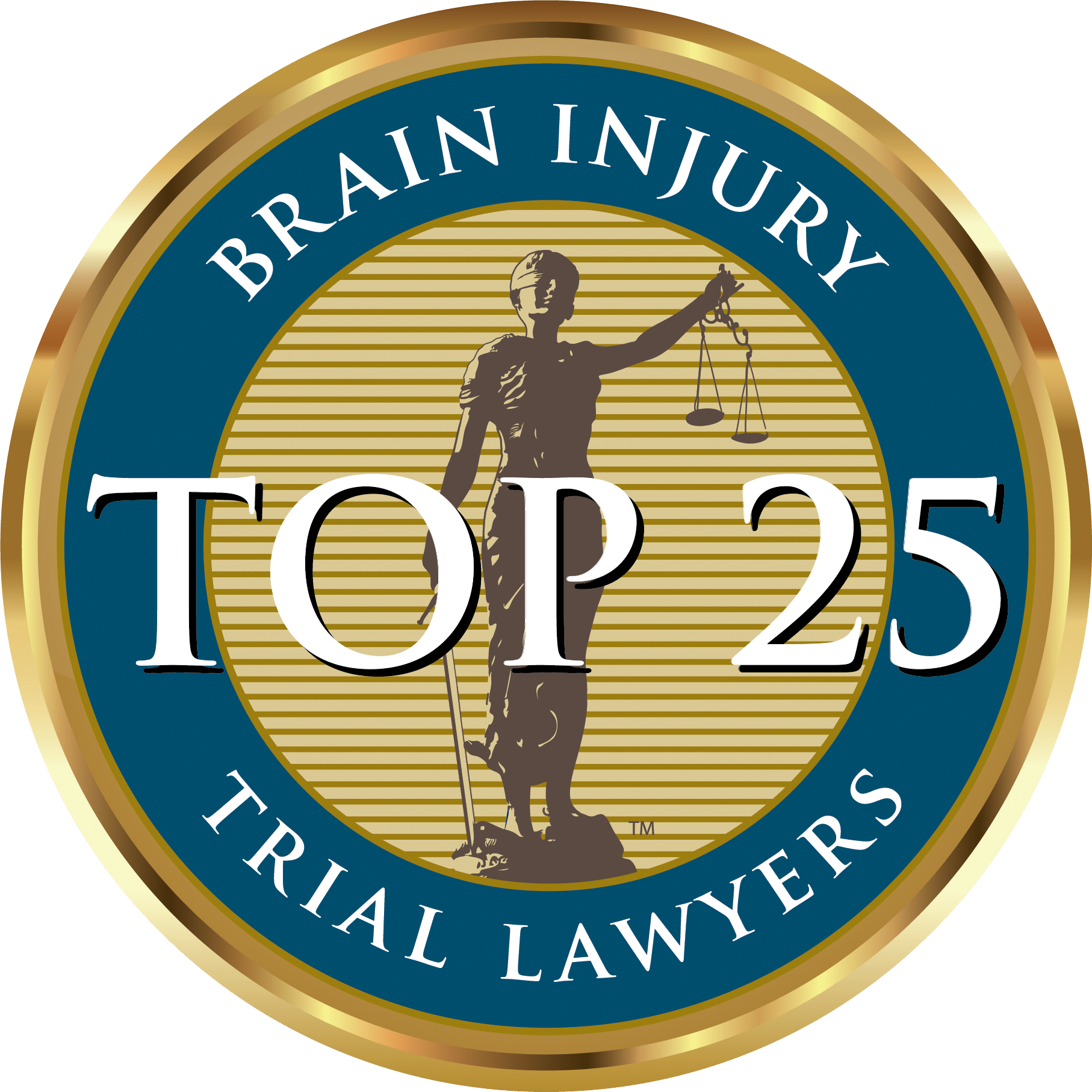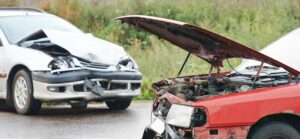Why You Should Stop if You Witness a Car Accident

When you witness a car accident and stop to help, you could be saving someone’s right to file a claim for damages. Even in today’s society of traffic cameras and cell phone videos, most car accidents are still a matter of each driver’s word against the other. Police usually have to rely on witnesses to give an unbiased account of what occurred prior to the crash.
Pennsylvania law does not require you to act as a witness, but it is definitely something you should consider if you are ever present when a traffic accident occurs.
Pennsylvania Traffic Laws for Accidents
Pennsylvania Code § 75.3744 provides that the driver of any vehicle involved in a traffic accident that results in the injury or death of a person must stop and render aid. Therefore, if you are involved in an accident and are not hurt, but another person is, you must stop and provide your contact information, insurance information, and help arrange for medical treatment for the injured party.
If you are a bystander who happens to witness an accident, you do not legally have to stop, as you were not involved; however, you could help save a life or, at the very least, a victim’s right to compensation.
If the scene appears dangerous or weather is severe, you may not want to stop, but at least pull over at a safe area and call the police to inform them of the situation. Remember that your safety is most important, and you do not want to be the cause of further accidents.
How Witnesses Help Car Accident Claims
When an officer drafts a report, he will take statements from both drivers, but each driver may interpret the accident in her own way. In order to get an unbiased opinion, an eyewitness is necessary.
As soon as the accident occurs, pull over at a safe distance and return to the scene if it is safe to do so. Help move cars out of travel lanes (never drive one of the cars unless an officer instructs you to do so) only when traffic is clear or stopped and do not move any victims unless they are in imminent danger.
While waiting for help to arrive, do not confront either driver, as you could be putting yourself in danger. One of the drivers may ask you for your contact information so her insurer can obtain a statement from you later. This is not required, and you may elect to only speak with the police officer at this time.
Once you have given your view of the accident to the police officer, the involved drivers’ insurance companies may contact you. Remember to keep your answers about the accident truthful and only state the facts. Your statement may help absolve an innocent driver of fault and help her obtain the compensation to which she is entitled.
Car accidents can be scary and car accident claims can be stressful, but you can help a victim protect her health and her right to compensation. For more information about accidents and how to prevent them, check out our library today.







